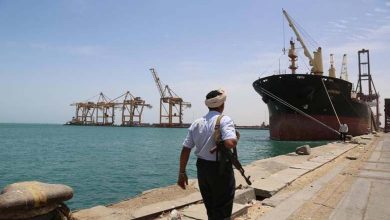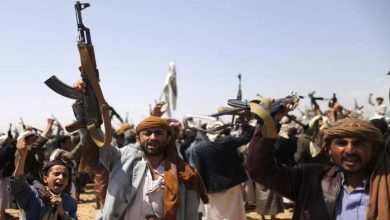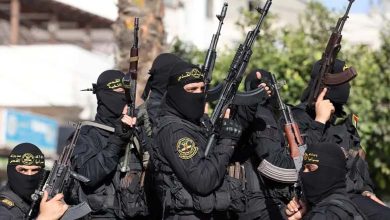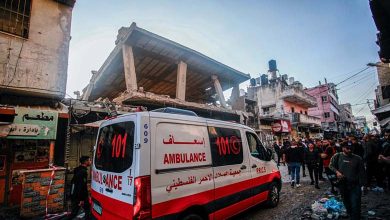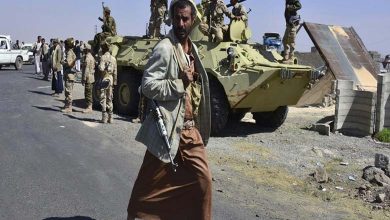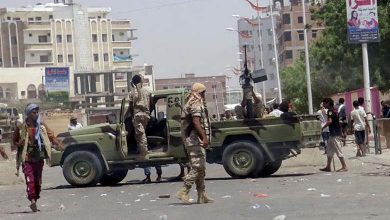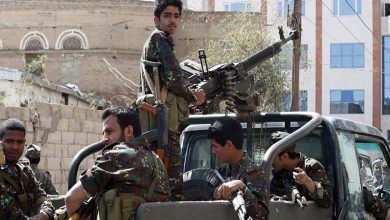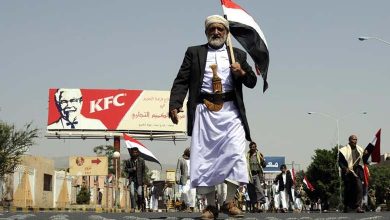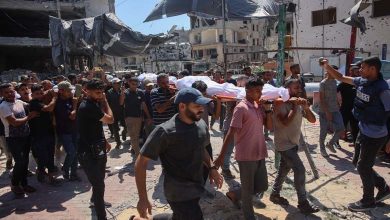Surprise Houthi Attack Sets Peace Efforts Backward
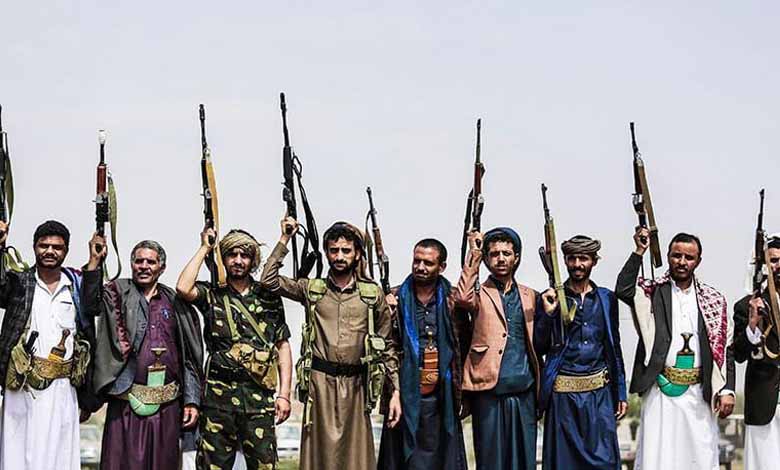
Yemeni sources have reported the killing of 10 Southern forces in a Houthi attack targeting the border region between the Al-Bayda and Lahij governorates. This attack comes as Southern Transitional Council forces engage in ongoing battles against Al-Qaeda
Despite a decline in violence, a sudden Houthi attack resulted in the deaths of ten Southern Yemeni soldiers on Sunday in the midst of the armed conflict. Military officials from the government confirmed the attack, which took place on the border between the Al-Bayda and Lahij governorates. This development comes as the prospects for a peace process dwindle due to Houthi conditions that have hindered Omani, Saudi, and other international mediation efforts. These efforts explore opportunities to extend the ceasefire and push the warring parties to the negotiation table in search of a political solution to end the war.
Recently, an Omani delegation visited Sanaa to discuss ways to revive the stalled peace process, coinciding with efforts by Riyadh and the United Nations to encourage the warring parties to negotiate in order to resolve lingering disputes and find a political solution to the crisis. However, the Omani delegation returned to Muscat without significant results.
A military official stated, “Ten Southern military personnel were killed and twelve were wounded in a sudden Houthi attack on Sunday along the border in Al-Hadda region between the Al-Bayda and Lahij governorates.” Rebels managed to encircle one of the Southern forces’ sites, resulting in casualties among the Southern military personnel.
Other military officials confirmed the attack, the casualty toll, and added that a Houthi drone crashed during the confrontation. Government military sources also reported the deaths of four Houthi fighters and injuries to others during the clashes.
The announcement of a rapprochement agreement between Saudi Arabia and Iran, two key regional powers in the Gulf, had initially sparked optimism for peace. The past year had witnessed a reduction in violence despite the ceasefire not being renewed. However, the Houthi rebels have shown limited responsiveness to peace efforts and attempts to revive the political process.
The ongoing war in Yemen between the government and the Houthi rebels, who control the capital Sanaa since 2014, has led to the direct and indirect deaths of hundreds of thousands. Most of the population relies on aid to survive. Since 2015, Saudi Arabia has led a military coalition supporting the internationally recognized Yemeni government. Iran supports the Houthi rebels.
The attack occurred as the United Nations announced a meeting between Hans Grundberg, the representative of the UN Secretary-General, and an Iranian official to discuss developments in Yemen. According to the UN envoy’s social media account, Grundberg held “a remote meeting with Ali Asghar Khaji, the senior adviser to the Iranian Foreign Minister for Special Political Affairs.” The discussion focused on “developments related to UN mediation efforts in Yemen and ways to enhance the joint regional and international support for resuming an inclusive political process under UN sponsorship.”
Although the ceasefire officially ended in October of last year, it has remained relatively stable since then. The Houthis have engaged in talks with Saudi officials in Sanaa, but significant progress has not been achieved.
Recently, Saudi Arabia and Iran officially resumed their diplomatic relations. Despite hopes for regional de-escalation, the prospects for peace in Yemen and Syria remain uncertain, according to observers. Nonetheless, Houthi rebel attacks on Saudi territories have ceased.
In recent months, southern Yemen has witnessed repeated acts of violence, particularly from Al-Qaeda in the Arabian Peninsula (AQAP). These acts have also targeted the Southern Transitional Council forces.
The Southern forces are considered more experienced fighters within the coalition and have engaged in battles against government forces before returning to their ranks. However, they have often demonstrated their strength against both the Houthi rebels and jihadists in the South.
While the Houthi rebels control a large portion of northern Yemen, including the capital Sanaa, the government is based in the South, with Aden as its temporary capital.
The United Nations regularly warns of the potential for widespread famine due to the decline in international aid. Last week, the World Food Programme announced that it was “forced” to reduce its assistance to Yemen as of the end of September, after receiving only 28% of the needed funds for the country.


